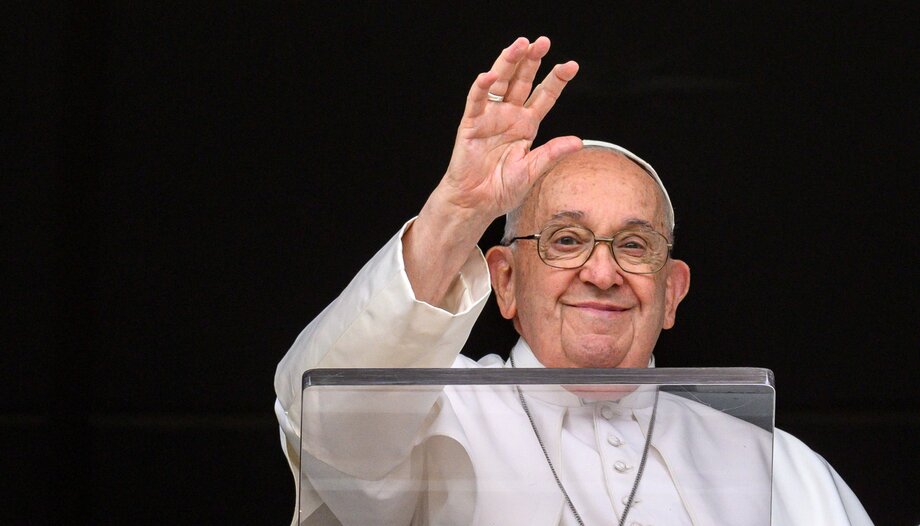On July 7, Pope Francis traveled to TriesteItaly, during a brief apostolic visit on the occasion of the 50th Social Week of Catholics in Italy, celebrated from July 3-7 with the theme "At the Heart of Democracy. Participate between history and the future".
During the meeting, the Holy Father addressed the participants of the conference, thanking them for their activity, which is particularly relevant today because "it is evident that in today's world the democracyLet us tell the truth, it is not in good health. This is of interest and concern to us, because the good of man is at stake, and nothing that is human can be alien to us".
For this reason, Francis said, we must "assume the responsibility of building something good in our time," a mission that Catholic Social Week takes into account thanks to its promoter, Blessed Joseph (Giuseppe) Toniolo.
Christians cannot ignore this situation, the Pontiff explained. "Just as the crisis of democracy is transversal to different realities and nations, in the same way, the attitude of responsibility in the face of social transformations is a call addressed to all Christians, wherever they live and work, in all parts of the world."
The wounded heart of democracy
The Pope compared the crisis of democracy to "a wounded heart" marked by the social exclusion of the poor, the elderly and children. A "culture of waste" has been fostered, in which those in power have lost the ability "to listen to and serve the people". This goes against the true meaning of democracy, said the Pope, because what is important is not only to be able to vote, but "that everyone can express themselves and participate.
Faced with this, the Pontiff pointed to "the principles of solidarity and subsidiarity" as good bases for recovering democracy. "Indeed, a people is held together by the bonds that constitute it, and the bonds are strengthened when each one is valued," Francis affirmed.
The Pope then called for "a democracy with a healed heart" that continues to "cultivate dreams for the future" and promote "personal and community involvement." For this reason, the Holy Father encouraged Catholics to participate in political life to promote the common good and "to be a voice that denounces and proposes in a society that is often mute and where too many have no voice."
"This is the role of the Church," Francis concluded. A Church that must "engage in hope, because without it we manage the present but do not build the future. Without hope, we would be administrators, balancers of the present and not prophets and builders of the future".
Pope highlights the scandal of a human God
Following his presence at the closing day of Catholic Social Week, the Holy Father celebrated Holy Mass. During his homily, he asked those present to question what obstacles prevent them from believing in Jesus. Just as for his contemporaries, who could not understand "how God, the almighty, can reveal himself in the frailty of a man's flesh," for many today Christ is still a scandal.
For many it is difficult to understand "a faith founded on a human God, who is inclined towards humanity, who cares for it, who is moved by our wounds, who assumes our weariness". In short, it is a scandal for society to see "a weak God, a God who dies on the cross for love and asks me to overcome all selfishness and offer my life for the salvation of the world".
However, Francis affirmed that "we need the scandal of faith. We do not need a religiosity closed in on itself, which looks to heaven without concern for what is happening on earth." The Pope went on to say that "we need the scandal of faith, a faith rooted in the God who became man and, therefore, a human faith, a faith of flesh, which enters into history, which caresses people's lives, which heals broken hearts, which becomes the leaven of hope and the seed of a new world."
The Pope and the commitment to peace
Pope Francis took up this idea during his reflection at the Angelus prayer, where he affirmed that "charity is concrete, love is concrete", so it is not enough to remain with the idea of living for love and to serve others, but it must be manifested in concrete acts.
The Pontiff ended his trip to Trieste by asking Catholics to renew their "commitment to pray and work for peace."








